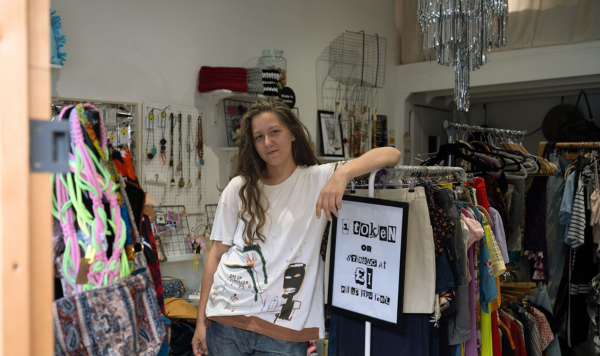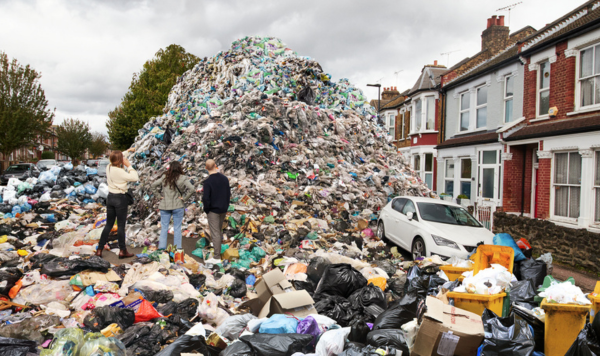To truly solve our waste problem and move towards a circular economy, it’s not enough to look at how we manage waste when we need to dispose of it – we need to think about how we reduce the amount of waste we generate in the first place. Much of this comes down to how we produce and package things, so businesses have an important role to play in driving change.
We’ve already seen manufacturers and retailers take some great steps to reduce waste from their products – for example, supermarkets making milk bottle lids recyclable, or Uber trialling the delivery of meals in reusable containers. But there’s more – much more – businesses could do to help build a circular economy.
Reduce unnecessary supermarket packaging
The top five most wasted fruit and vegetable products in households are potatoes, apples, bananas, carrots and onions. The Choose Loose campaign suggests that 1.7 billion pieces of plastic packaging could be prevented from going to waste if these items were sold without plastic packaging. If you agree, sign the Choose Loose petition to get supermarkets to sell these products loose instead!
Reduce single-use plastics in favour of recyclable packaging
North London residents throw away over 46 million pieces of plastic a week, but this could be drastically reduced if more products were sold in recyclable packaging. It’s well within manufacturers’ ability to do this – Weetabix and Mars bars are among the latest products to be sold in recyclable packaging. Better yet are brands that are preventing any waste at all by offering consumers the option to reuse their packaging, such as The Body Shop, which allows customers to bring back reusable bottles for refill.
Improve labelling to help customers know what can be recycled
Our surveys show north Londoners want to reduce their waste, but sometimes it’s hard to know what can be recycled and what can’t. We think manufacturers should make it clearer on packaging what can and can’t be recycled. A great example is the new Coke bottle caps, which are attached to the bottle so it’s clear they can be recycled together. Clearer labelling is particularly important for items that are commonly put in the recycling when they shouldn’t be, such as nappies.
Use less packaging
An Amazon survey found six in ten UK adults would be happy for online deliveries to arrive without added packaging. All manufacturers should see this as motivation to cut back on the amount of packaging they use for products; too often we see products covered in plastic wrap or multiple layers of packaging when it just isn’t necessary.
Start a battery collection
If you are a business or organisation is based in the UK, you can have a free battery collection service! The scheme is run by compliance schemes, working in partnership with waste management companies. Just go to Valpak battery box request and complete the form.



